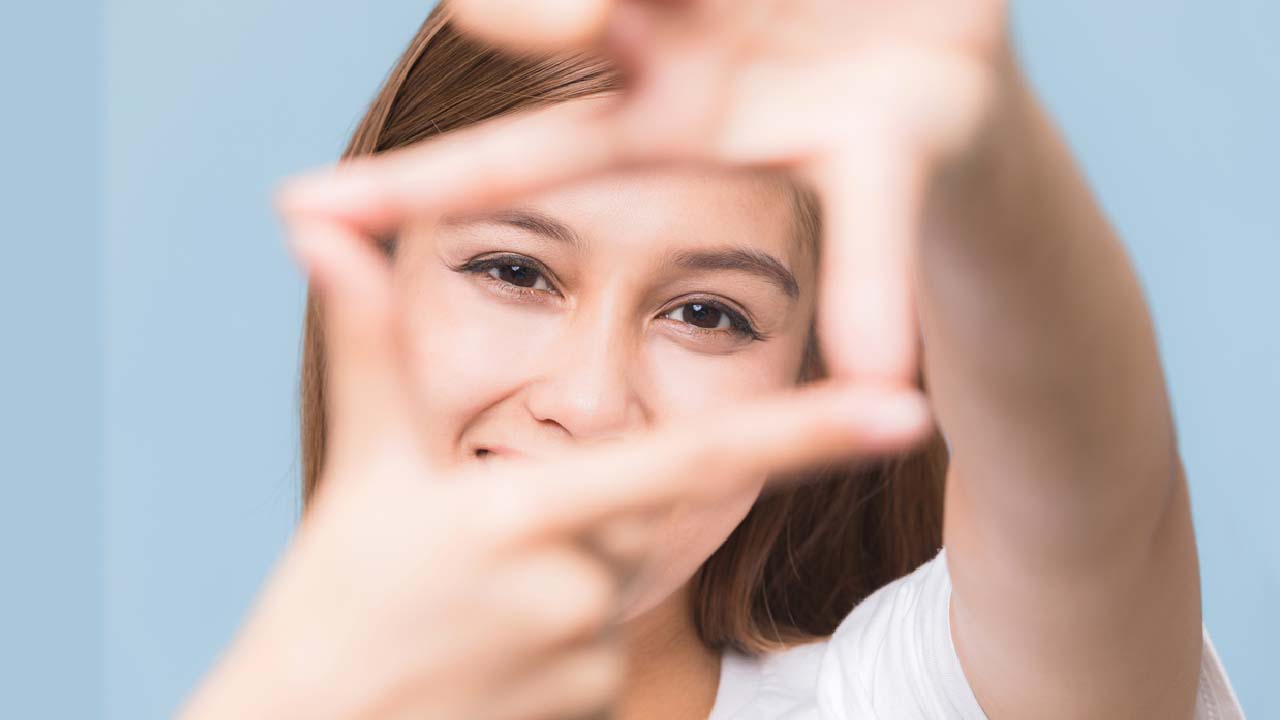The eyes are the more sensitive sense organ and provide vision. In today’s world of digitization, our eyes are constantly staring at the screens of laptops for long hours. Because of increasing age and exposure to blue light of screens, susceptibility to diseases increases manifolds for your eyes. As you cross 40, ocular allergies, cloudy vision, eye dryness, and glaucoma can give you tough times. The vision gets faded as we age and problems like presbyopia become more common. Presbyopia is losing the ability to see near objects clearly. Dry eyes are another common condition that causes uncomfortably, burning, itching, or even loss of vision. As per The Ocular Surface, the incidence of dry eye disease in India is about 1.9 million. The prevalence of dry eye disease will be about 40 percent of the urban population by 2030.
Precautionary measures to keep eyes safe
Regular eye check-ups – Eye tests can not only determine whether you need glasses or not but can also reveal eye conditions that can be effectively treated when detected early. As early diagnosis is the key to success. There is an eye exam known as a comprehensive dilated eye exam that is always recommended if you are at an increased risk of some eye diseases or if you’re above the age of 60.
Restrict screen time – In COVID, the screen time rises dramatically. This has caused numerous eye problems, especially dry eyes. A lot of older people are getting the number for their spectacles revised as their vision got disturbed due to excessive cell phone usage. Considering these things, it is crucial that you manage your screen time to avoid overstraining your eyes. The high-energy blue light emitted from your devices is quite harmful to the eyes.
Tips while working on laptop
- Keep the screen at some distance.
- Adjust brightness
- Take breaks in every 20 mins and follow the formula of 20:20:20
Healthy eating – One should always consume a diet that is full of green veggies and fruits. Dark leafy greens, especially kale, collard greens, and spinach — contain lutein and zeaxanthin, which are antioxidants and help to prevent the formation of cataracts. Grapes and fatty fish like salmon have essential omega-3 fatty acids, vital for the health of the macula, responsible for central vision.
Quality sleep - When you get good sleep, your body gets ample time to restore and renew your eyes, leading to clearer, better eyesight, improved eye lubrication, as well as healthier tissues and nerves in and around the eyes.
(Disclaimer: The content on this site is for informational purposes only, and should not be taken as professional medical advice. Always seek the guidance of your doctor or other health professionals for any questions you may have regarding your health or a medical condition.)

 Because of increasing age and exposure to blue light of screens, susceptibility to diseases increases manifolds for your eyes. Let’s know some precautionary measures to keep your eyes safe.
Because of increasing age and exposure to blue light of screens, susceptibility to diseases increases manifolds for your eyes. Let’s know some precautionary measures to keep your eyes safe.










.jpeg)








.png)
.png)

.png)
.png)
.png)

.png)
.png)
.png)

.png)
.png)